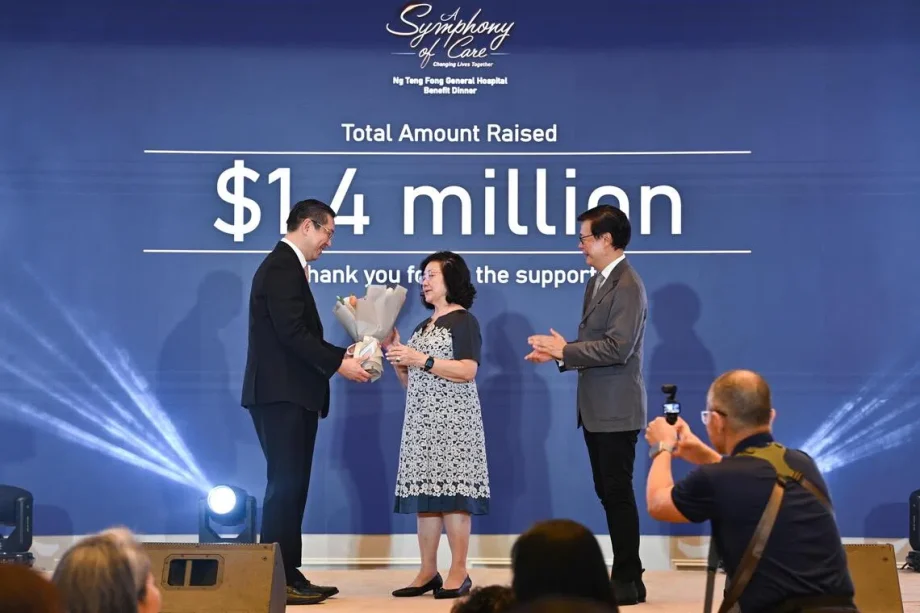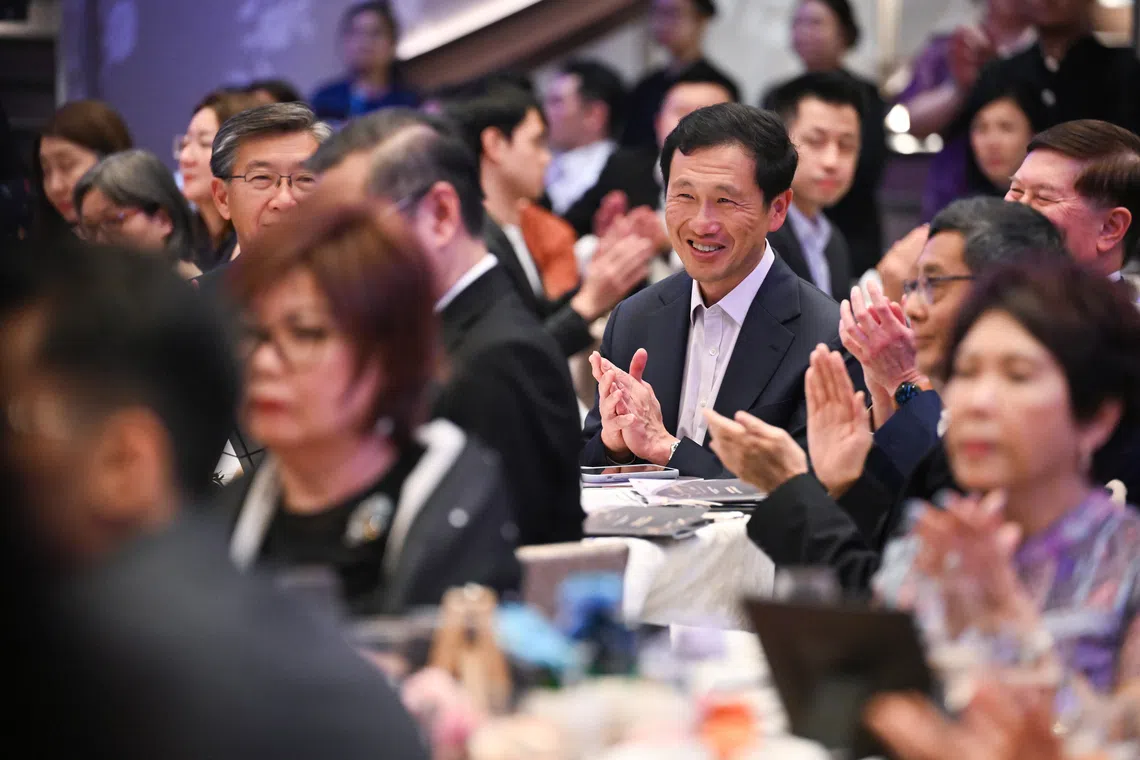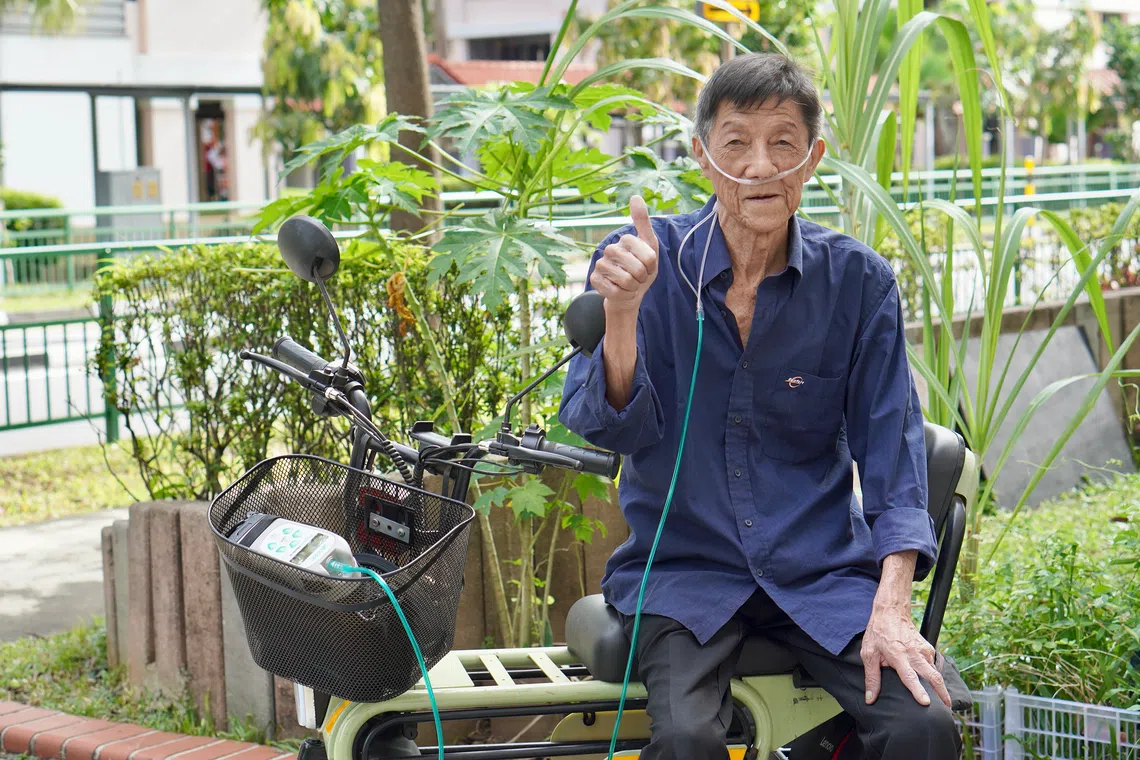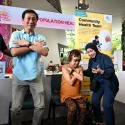SINGAPORE – The two public hospitals in Jurong will be harnessing precision medicine and artificial intelligence (AI) to provide their patients with more personalised care.
Patients receiving care at JurongHealth Campus hospitals – Ng Teng Fong General Hospital (NTFGH) and Jurong Community Hospital (JCH) – will undergo a phenotyping process under the Jurong Ageing Resilience Project, which is to last for five years.
Functional phenotyping is a form of precision medicine, where the patient’s data, medical and psycho-social, is collected for analysis.
An AI algorithm, built and refined over the past decade using patient data from JurongHealth Campus hospitals, is then used to analyse and predict the patient’s risk of physical and cognitive frailty, or the risk of metabolic diseases like diabetes.
The hospitals can then follow up with personalised care to target the risk factors and reduce these risks.
For instance, patients identified to be at higher risk of physical frailty face higher risks of falls, and the frailty also contributes to poor metabolic outcomes.
Hence, patients can benefit from targeted interventions such as physiotherapist-led exercises that build up their muscle mass and retard sarcopenia, an age-related disease characterised by the progressive loss of muscle mass, strength and function.
The care team can also look into whether the patients face any psycho-social issues, which might affect nutrition.
Improvements in their cognitive health are also expected, with the eventual aim of reducing poor clinical outcomes such as re-admission to hospitals, and for them to have an overall better quality of life.
This preventive care approach differs from the current care approach.
If a patient is admitted for a hip fracture after a fall, the current approach is to treat the patient for the fracture. But the new approach ensures personalised care aimed at reducing future falls, which will benefit the patient directly in both health outcomes and healthcare costs.
The project is estimated to start from the second quarter of 2026, and will benefit around 1,000 patients over the next five years.
The majority will likely be seniors, given that 300,000 residents in the west will reach the age of 65 in the next five years.








